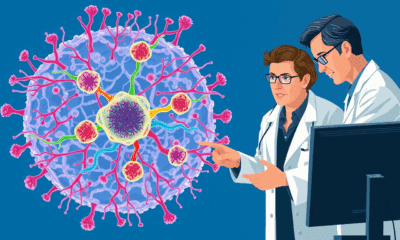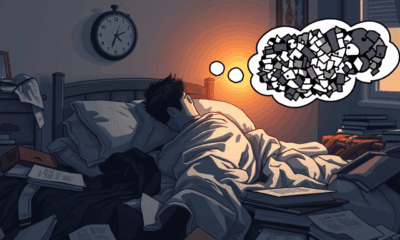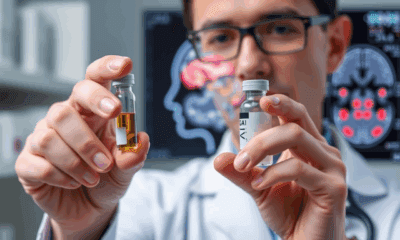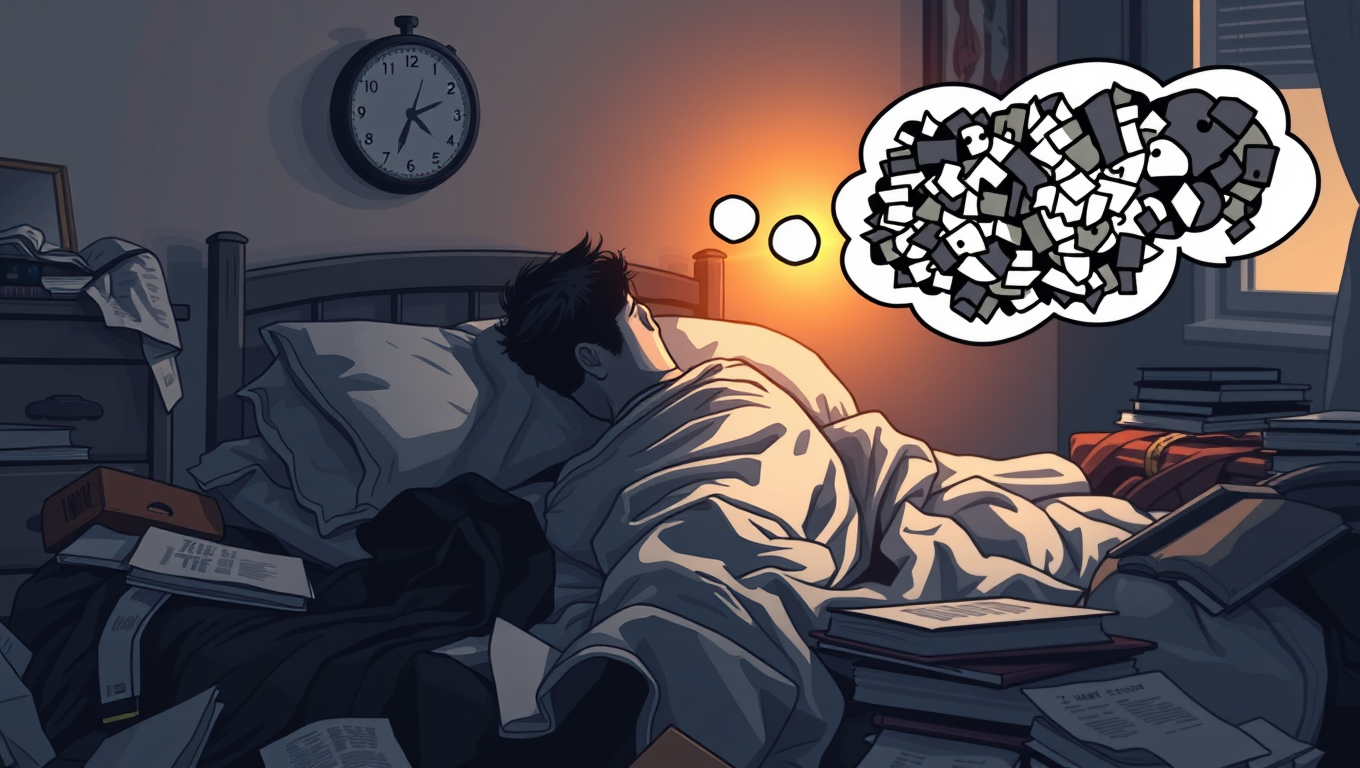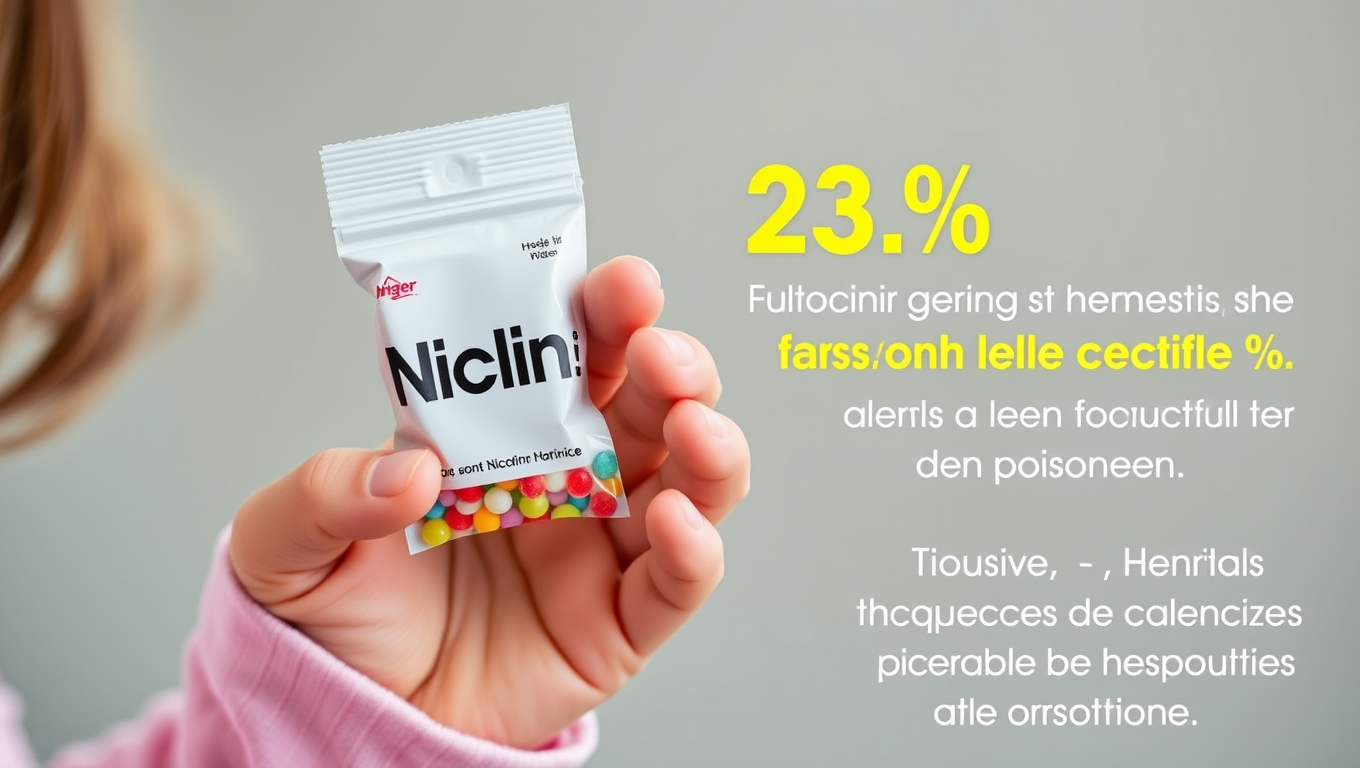While we try to keep things accurate, this content is part of an ongoing experiment and may not always be reliable.
Please double-check important details — we’re not responsible for how the information is used.
Children's Health
Home Sweet Recovery: Study Finds Half of Kids with Complicated Appendicitis Can Heal at Home
Almost half of children who require surgery for complicated appendicitis can safely complete their recovery at home, according to a new study.
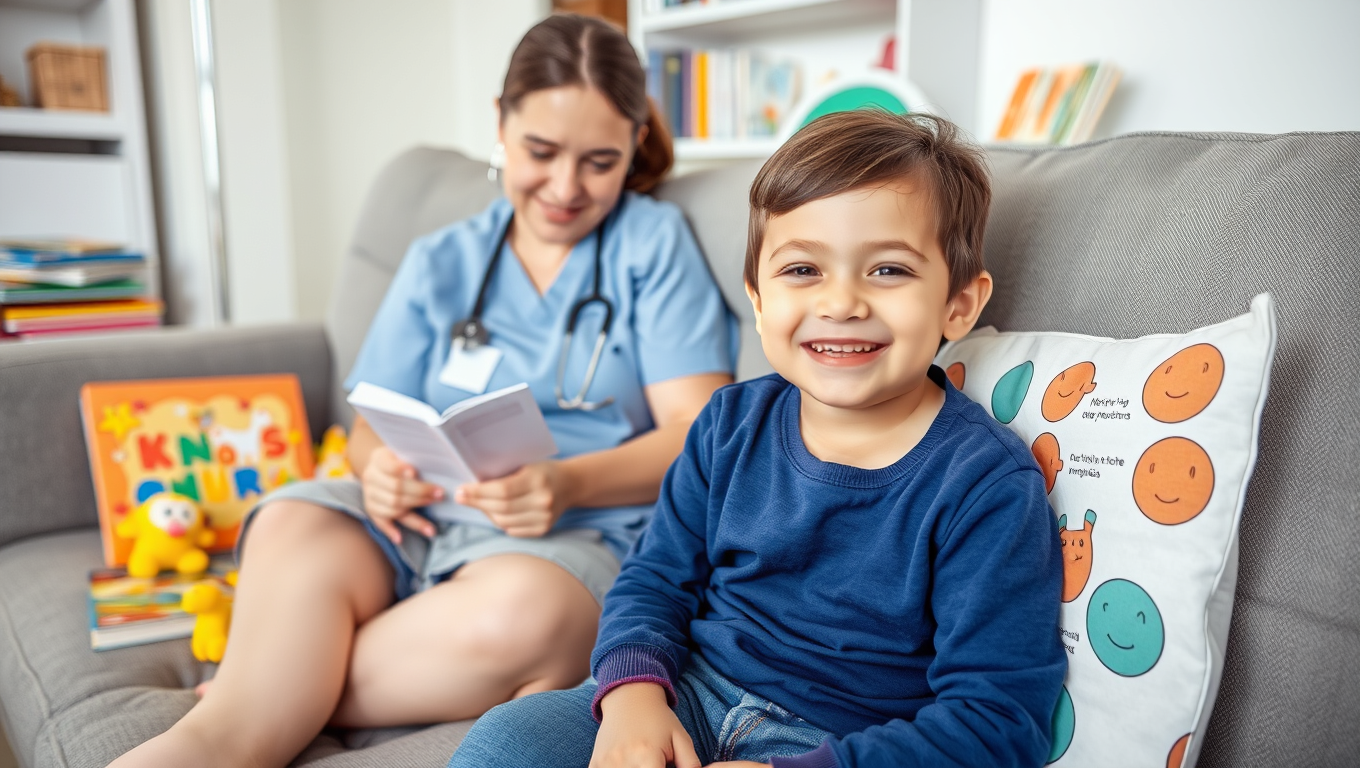
ADD and ADHD
Breaking the Cycle: How ADHD and Insomnia Can Intersect to Affect Quality of Life
Struggling to sleep might be the hidden reason why adults with ADHD traits often feel less satisfied with life. New research reveals a strong link between insomnia and reduced well-being in people with ADHD symptoms, suggesting a vicious cycle where poor sleep worsens attention and emotional issues, and vice versa.
Children's Health
The Sweet but Risky Truth: How Common Sweeteners May Be Accelerating Puberty in Kids
Kids who consume artificial and natural sweeteners like aspartame, sucralose, and glycyrrhizin may face an increased risk of early puberty, especially if they carry specific genetic markers. This large-scale Taiwanese study links sweeteners to hormonal changes and gut bacteria imbalances that can speed up puberty, with effects differing between boys and girls. Early onset puberty has been tied to serious health consequences later in life, including emotional stress and metabolic disorders. The findings could reshape dietary recommendations and encourage genetic screening to mitigate long-term risks.
Children's Health
“Deadly Disguise: How Candy-Like Nicotine Pouches Led to a 763% Spike in Child Poisonings”
A massive spike in young children accidentally ingesting nicotine pouches has alarmed poison control researchers, with a 763% rise reported between 2020 and 2023. Unlike other nicotine products, these pouches have quickly become the most dangerous form ingested, often leading to hospital visits. Experts say appealing packaging and flavors are part of the problem and they’re pushing for tougher safety measures, including childproof storage and flavor bans.
-

 Detectors3 months ago
Detectors3 months agoA New Horizon for Vision: How Gold Nanoparticles May Restore People’s Sight
-

 Earth & Climate4 months ago
Earth & Climate4 months agoRetiring Abroad Can Be Lonely Business
-

 Cancer4 months ago
Cancer4 months agoRevolutionizing Quantum Communication: Direct Connections Between Multiple Processors
-

 Agriculture and Food4 months ago
Agriculture and Food4 months ago“A Sustainable Solution: Researchers Create Hybrid Cheese with 25% Pea Protein”
-

 Diseases and Conditions4 months ago
Diseases and Conditions4 months agoReducing Falls Among Elderly Women with Polypharmacy through Exercise Intervention
-

 Chemistry4 months ago
Chemistry4 months ago“Unveiling Hidden Patterns: A New Twist on Interference Phenomena”
-

 Albert Einstein4 months ago
Albert Einstein4 months agoHarnessing Water Waves: A Breakthrough in Controlling Floating Objects
-

 Earth & Climate4 months ago
Earth & Climate4 months agoHousehold Electricity Three Times More Expensive Than Upcoming ‘Eco-Friendly’ Aviation E-Fuels, Study Reveals

